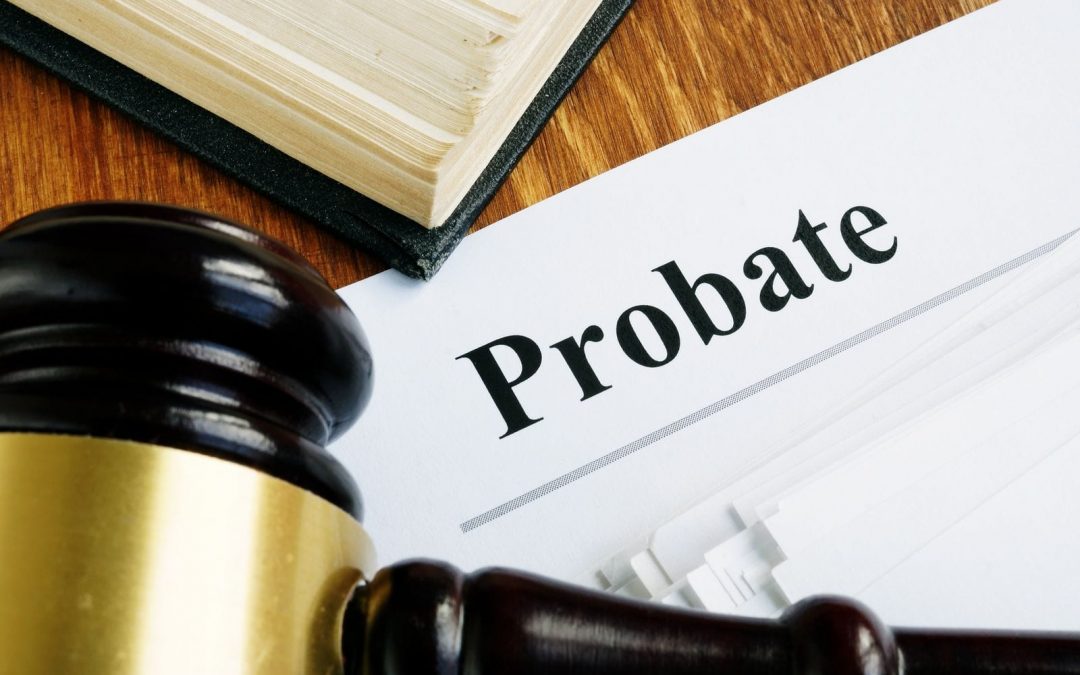Buying probate properties can offer unique opportunities for real estate investors to acquire properties at potentially favorable prices, capitalize on market inefficiencies, and generate financial gain. However, it’s essential to understand the risks and rewards associated with probate property investing. Let’s explore these aspects in depth:
Financial Gain:
Below Market Value: Probate properties are often sold below market value due to various factors, including the urgency to settle the estate, lack of market exposure, or neglect of property maintenance. As a result, investors may have an opportunity to acquire properties at a discount relative to comparable properties in the market.
Equity Potential: Probate properties may have built-in equity, particularly if the deceased homeowner owned the property for an extended period or if property values have appreciated over time. Investors can leverage this equity potential to increase their returns through property appreciation or equity extraction strategies.
Value-Add Opportunities: Probate properties may present value-add opportunities for investors to enhance property value through renovation, rehabilitation, or strategic improvements. By investing in property upgrades and enhancements, investors can improve property aesthetics, functionality, and marketability, thereby increasing the property’s resale value and rental income potential.
Risk:
Legal and Regulatory Risks: Probate properties are subject to legal and regulatory requirements governing the probate process, estate administration, and property transfer. Investors must navigate complex legal procedures, including probate court proceedings, estate settlement, title issues, and creditor claims, which can introduce legal risks and delays in property acquisition.
Property Condition: Probate properties may be in varying states of disrepair or neglect, requiring significant repairs, maintenance, or code compliance to make them marketable. Investors must assess property condition accurately and budget for renovation costs to avoid cost overruns and project delays.
Market Factors: Probate properties may be located in neighborhoods or markets with uncertain or unfavorable conditions, such as declining property values, high crime rates, or economic distress. Investors should conduct thorough market research and due diligence to assess market dynamics, demand-supply fundamentals, and investment viability.
Reward:
Discounted Prices: Investing in probate properties offers the potential to acquire properties at discounted prices compared to similar properties in the market. Investors can capitalize on below-market pricing to generate instant equity and increase their potential for long-term capital appreciation.
Diversification Benefits: Probate properties provide investors with an opportunity to diversify their real estate portfolios by adding properties with different characteristics, market exposures, and investment profiles. Diversification helps mitigate risk and enhance portfolio resilience against adverse market conditions or economic downturns.
Value Creation: Probate properties may offer opportunities for value creation through property improvements, repositioning, or redevelopment. Investors can unlock hidden value by renovating distressed properties, optimizing property performance, and capitalizing on market trends to maximize investment returns.
Due Diligence and Preparation:
Thorough Due Diligence: Successful probate property investing requires thorough due diligence to assess property condition, title issues, legal encumbrances, and estate-related obligations. Investors should conduct comprehensive property inspections, review probate court documents, and consult legal and real estate professionals to mitigate risks and ensure investment viability.
Financial Planning: Investors should develop a sound financial plan and investment strategy tailored to their investment objectives, risk tolerance, and resources. Financial planning involves budgeting for acquisition costs, renovation expenses, holding costs, and contingencies to manage investment risks and optimize returns.
Risk Management: Investors should implement risk management strategies to protect against potential losses and mitigate investment risks associated with probate property investing. Strategies such as conservative underwriting, asset diversification, and contingency planning help investors assess and manage risks effectively, reducing exposure to adverse outcomes.
In summary, investing in probate properties can offer opportunities for financial gain through discounted pricing, equity potential, value-add opportunities, and diversification benefits. However, investors should be aware of the risks associated with probate property investing, including legal and regulatory risks, property condition issues, and market factors. By conducting thorough due diligence, implementing sound investment strategies, and managing risks effectively, investors can capitalize on probate property opportunities and achieve their financial objectives in the real estate market.

